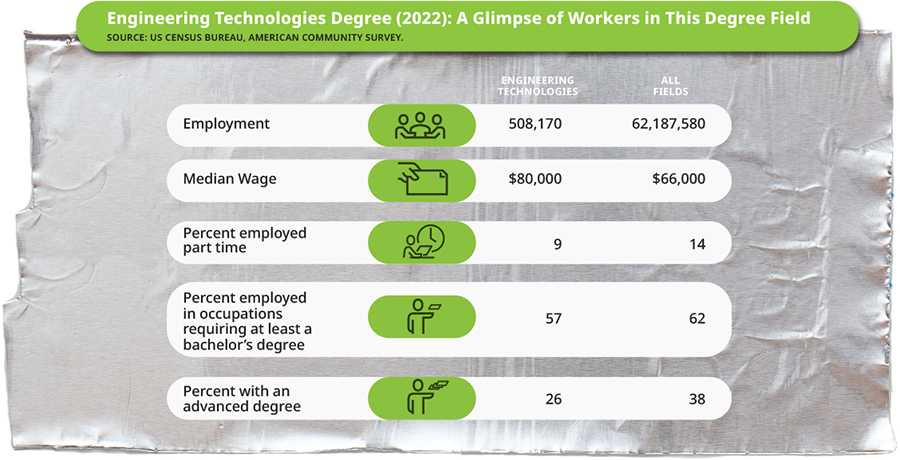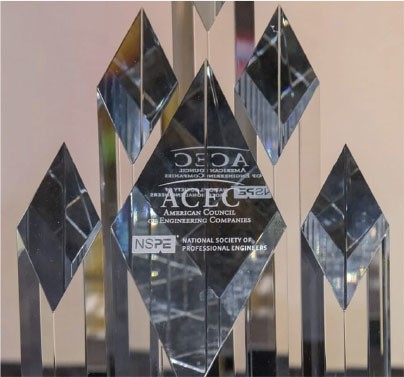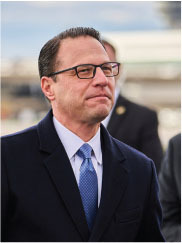November/December 2017
PE Report
Canada Aims to Increase Number of Women PEngs
Women make up more than half of Canada’s population, yet less than 13% of the country’s licensed professional engineers. To boost diversity within the profession, Engineers Canada has launched the “30 by 30” campaign to raise the percentage of female licensed engineers to 30% by 2030. The organization believes that reaching 30% will bring sustainable change to the profession—leading to increased innovation and economic competitiveness.
From 2011 through 2015, Canada saw steady growth in the number of women enrolled in college engineering programs. According to Engineers Canada, in 2015 women accounted for 20% (16,297) of the country’s total enrollment in accredited undergraduate engineering programs. The country also saw an increase in the number of women who are practicing professional engineers from 12,740 in 2006 to 26,113 in 2016.
To continue that upward trend, Engineers Canada is working with regulators, academia, employers, and other stakeholders to implement initiatives that will encourage young girls to consider engineering careers, support women in their pursuit of licensure, and promote retention and equity within the field.
For example, undergraduate engineering programs are contributing to the campaign by implementing initiatives to boost the enrollment of female students. Women make up 40% of first-year students at the University of Toronto, a greater proportion than at all other Ontario universities. Nearly three out of 10 students in the University of British Columbia’s first-year engineering programs are women, and the university has a goal of 50% female enrollment by 2020. The Lassonde School of Engineering at York University launched a $1.5 million challenge to become the first engineering school in Canada to reach a 50:50 gender balance.
To help achieve the “30 by 30” goal, a committee has developed a guide of best practices, including the following:
- Creating an award for employers who support and promote women in engineering;
- Creating and supporting scholarships for female engineering students who act as role models to female students in middle and high schools;
- Encouraging stakeholders to share success stories, promising practices, and other initiatives on a dedicated website;
- Increasing awareness through articles championing women and diversity; and
- Providing women opportunities to volunteer as role models and participate in activities that include career symposiums and robotics and math competitions.


 Volunteering at NSPE is a great opportunity to grow your professional network and connect with other leaders in the field.
Volunteering at NSPE is a great opportunity to grow your professional network and connect with other leaders in the field. The National Society of Professional Engineers (NSPE) encourages you to explore the resources to cast your vote on election day:
The National Society of Professional Engineers (NSPE) encourages you to explore the resources to cast your vote on election day:










